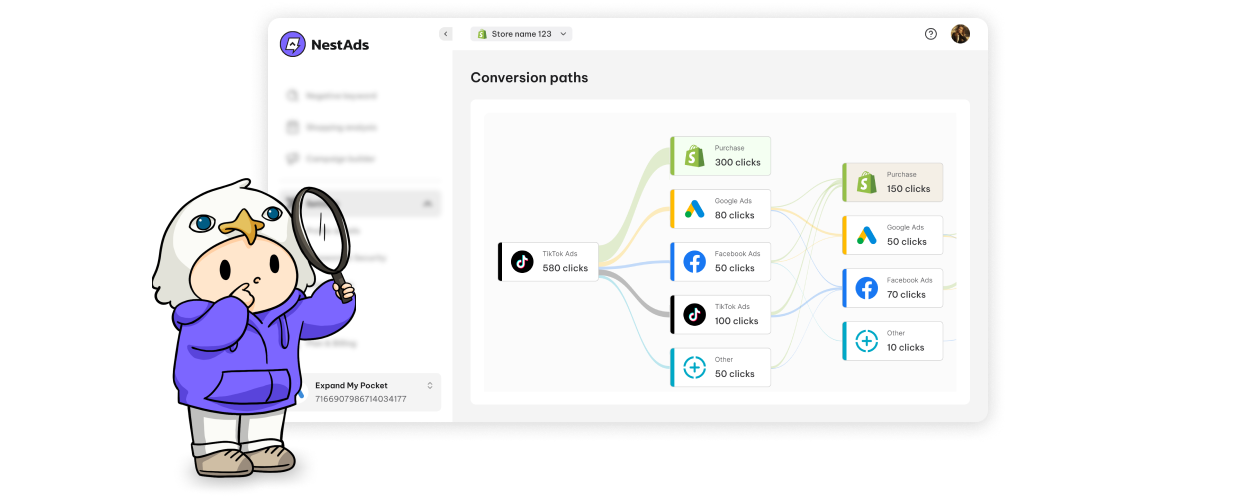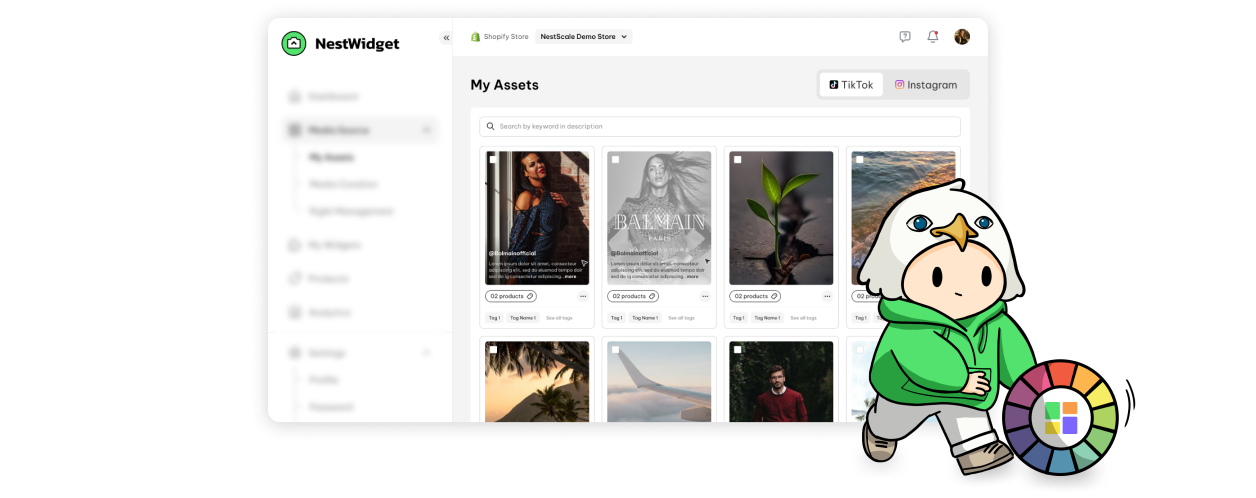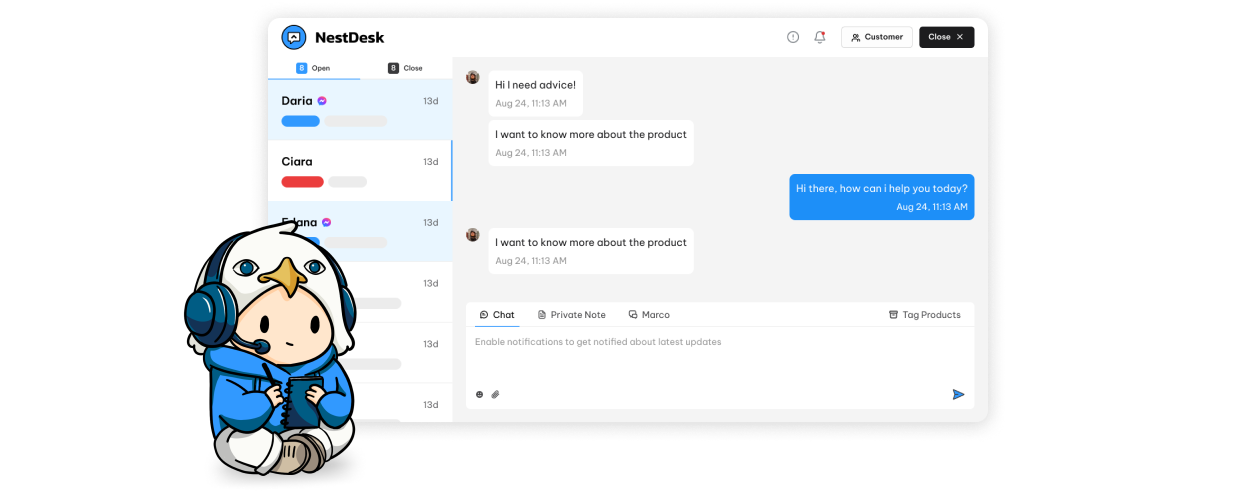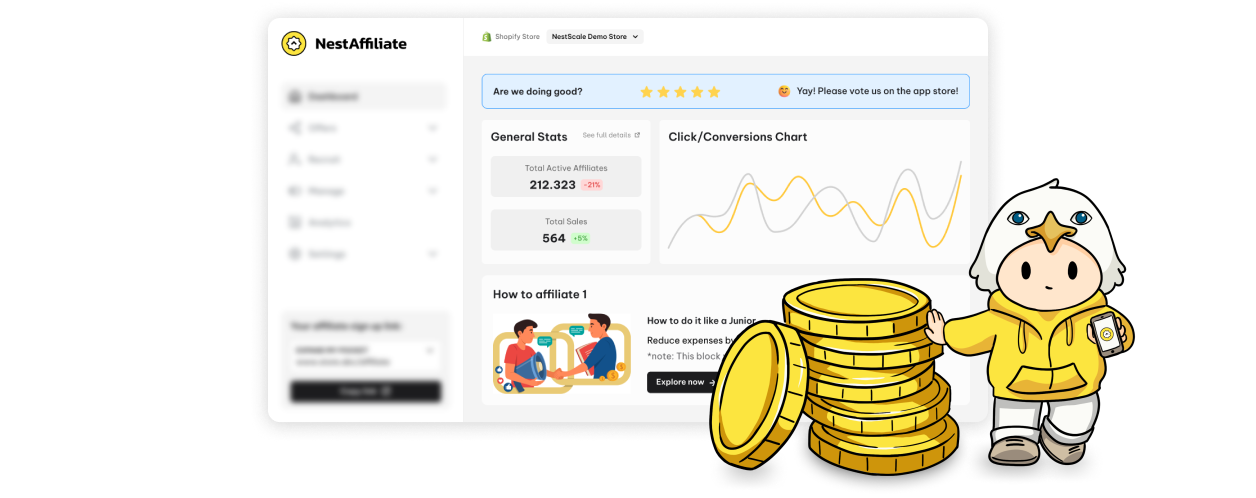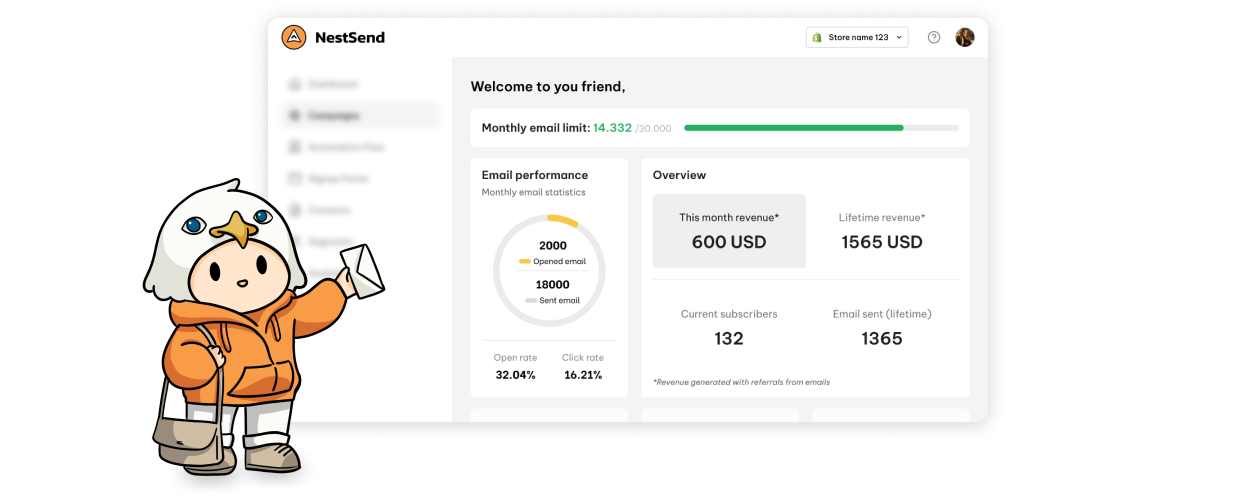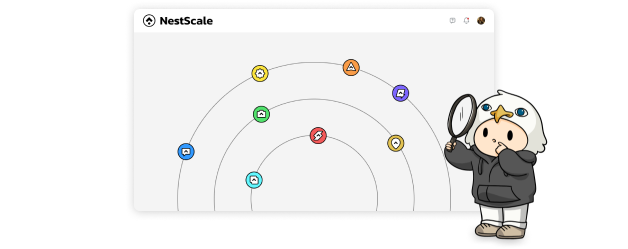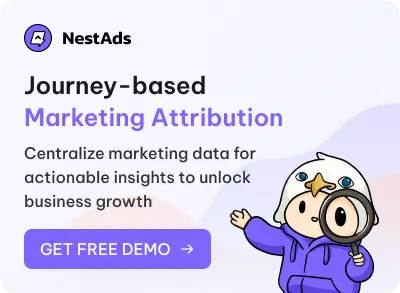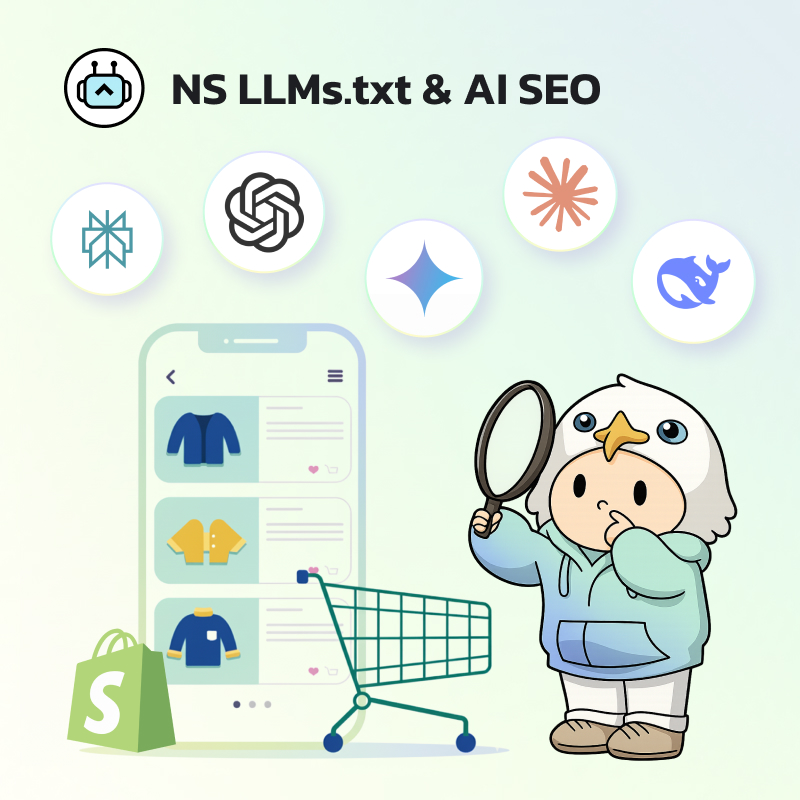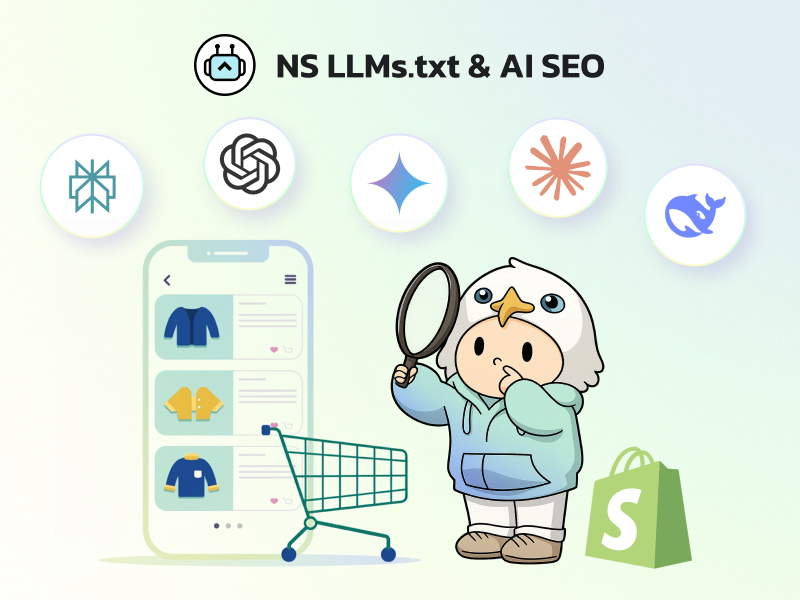What is attribution software?
Attribution software is a powerful tool that can help businesses track, analyze, and assign credit to different marketing touchpoints along the customer journey. It provides data-driven insights into which channels, campaigns, or ads are driving conversions, enabling you to optimize strategies and maximize your return.
Whether you’re running a multi-channel eCommerce store or managing large-scale ad campaigns, attribution software is needed to understand which marketing efforts truly make an impact.
Why is attribution software important?
As the digital landscape becomes increasingly diverse, with platforms ranging from Google Search to social media and many others emerging online, customers are engaging with more channels and touchpoints before making a decision. Without attribution software, it’s nearly impossible to get a clear picture of your customer journey or identify which tactics are working best for your business.
Here are some of the benefits you’ll get when using the right Attribution software:
- Clear channels contribution: You can know exactly the channels and the tactics that is working well for your business to continue scaling.
- Optimized marketing spend: Stop wasting budget on underperforming channels and allocate resources to those that truly drive results.
- Deeper customer insights: Understand how customers interact with your brand across channels, devices, and platforms.
- Informed decision-making: Use data-backed insights to refine strategies and focus on efforts that maximize ROI.
Key features of attribution software
To truly understand the value of attribution software, let’s explore its essential features:
- Cross-channel tracking: Monitor customer interactions across platforms like Facebook, Google Ads, email, and TikTok.
- Attribution models: Access a variety of models, such as first-touch, last-touch, and multi-touch attribution, to analyze performance from different angles.
- Customer journey: It’s not just about tracking; it’s essential to visualize your customer journey to understand the path leading to your customers’ decisions clearly. This way, you can identify opportunities to improve your marketing strategy and ensure nothing is overlooked.
- Customizable reports: Tailor reports to focus on specific KPIs, such as ROAS, CPA, and conversion rate.
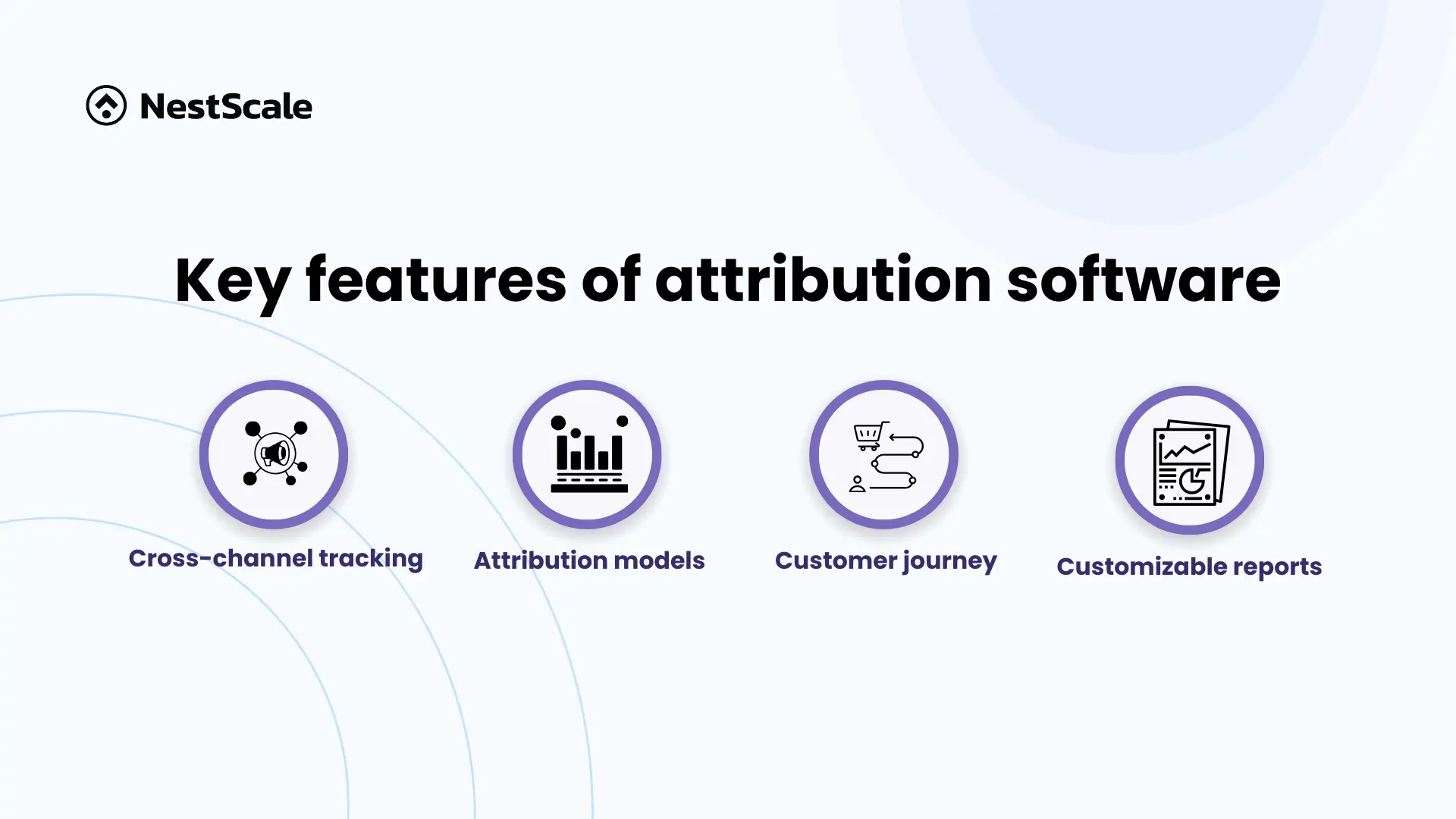
Who should use attribution software?
There’s a common belief that attribution software is only for advanced marketers or large businesses with the budget and expertise to manage complex analytics. Many think it’s expensive, difficult to set up, and requires integrating multiple platforms, making it seem out of reach for smaller businesses or beginners.
However, the reality is that it is for everyone. Whether you’re a small business owner, a marketer running campaigns, or a growing brand, attribution software can provide valuable insights to understand your current strategy and improve your results.
Modern attribution tools are designed to be user-friendly, allowing you to connect your data and start tracking with just a few clicks—no technical expertise needed. While some high-end tools come with a hefty price tag, affordable options are available, starting at just $50, making it accessible for businesses of all sizes. Moreover, unlike methods like marketing mix modeling or incremental testing that require extensive data and resources, attribution can deliver insights with minimal data from the beginning.
Therefore, attribution software is an excellent tool to consider if you want to understand which marketing efforts drive your results, refine your campaigns, and scale smarter.
Examples in actions
Imagine you’re running an eCommerce store. With the help of attribution software, you can:
- Identify winning channels: Learn which channels or campaigns are generating higher ROAS to adjust your budget accordingly.
- Track long sales cycle: Discover that customers who first interact via email take an average of 10 days to convert, while social media leads convert faster.
- Optimize ad creatives: Pinpoint which ad copy or creative design resonates most with your audience and double down on it.
How to choose the right one for your business
When selecting the best marketing attribution software for your business, consider the following factors:
- Ease of use: Is the platform intuitive and easy to navigate?
- Integration capabilities: Does it integrate seamlessly with your existing tools and platforms?
- Cost: Is the software cost-effective for your business size and needs?
- Data accuracy: Does it rely on first-party data to ensure accuracy and privacy compliance?
Scalability: Can it grow with your business?





